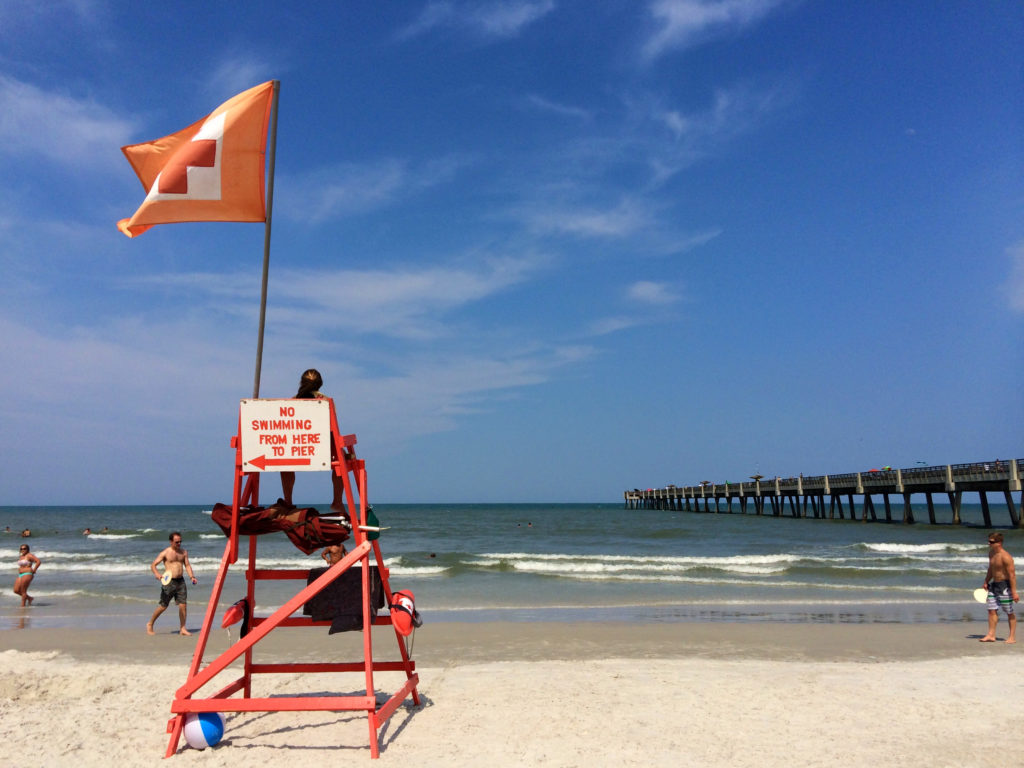Each year, thousands of young people hit the job market to find employment during the summer months. While summer jobs are sometimes considered merely a way for younger Canadians to earn a little extra money during the year’s hotter months, these roles do provide crucial work experience—and, in some cases, valuable training—that can brighten their future employment prospects.
Indeed job search and job posting data show 2017 shaping up as a banner year for summer jobs in Canada. Summer job postings as a share of all postings in May 2017 are up 18% compared with the same month the previous year. This likely reflects the growing strength of the Canadian economy—and the labour market in particular—which leaves employers confident enough to boost summer hires.
Indeed data pinpoint what types of positions are available for seasonal workers and when job seekers and employers hit the market to find that perfect match:
- Both postings and searches reached a year-to-date peak in May, reversing the mismatch of previous years when searches peaked in April but postings were highest in May.
- Administrative and social/recreational service positions are the leading broad job categories this year.
- In terms of specific jobs, labourer and customer service representative top the list, while stereotypical summer jobs like camp counselor and lifeguard don’t crack the top ten.
In addition to a more robust economy, several other factors seem to be generating favorable tailwinds for summer employment. The Canada Summer Jobs program provided businesses with funding for nearly 66,000 summer jobs last year and is on its second year of doubled federal funding. The program reported that applications from businesses planning a summer hire are up from last year.
Meanwhile, Canada’s 150th anniversary this year is likely to prompt many tourism-related businesses to hire extra help. For example, Parks Canada is increasing its summer head count in preparation for the celebration.
When does summer start for seasonal workers?
The charts below display the past few years of summer job searches and postings as a share of all searches and postings respectively.
The summer job searches and postings trends look about as expected, climbing steeply from the beginning of the year, reaching a mid-spring peak and plummeting at the start of summer. But do summer job seekers and employers conduct their searches at the right time? Looking closer at the data, we see that job seekers have been a bit ahead of the curve in the past.

In 2016 and so far in 2017, employers posted the most summer jobs in May. However, summer job searches in 2015 and 2016 peaked in April, a month earlier. This year though, searches edged up still higher in May. Prior year mismatches between postings and searches indicate job seekers were either halting the search for summer work a bit too early or some summer jobs were going unfilled because employers were posting the most jobs just when potential employees were searching less. In 2017, it may be that employers and job seekers are more in sync.
What types are of roles are available for summer workers?
Classic jobs like lifeguard, camp counselor or cashier may come to mind when envisioning summer work. But Indeed job postings in 2017 show these stereotypes of summer employment don’t always hold.
The broad job categories in the table below illustrate how variable summer roles are. The administrative category accounts for almost one of five summer jobs, which isn’t surprising considering that administrative roles are often entry-level positions that lend themselves well for summer help. Overall, summer jobs fall into disparate categories spread across the labour market, ranging from sales and construction to childcare and food service.

By digging a bit deeper, we see specific job titles with the most summer opportunities.

The chart features many typical summer jobs often filled by younger workers, such as babysitter and camp counselor. In addition to these classic positions, some unexpected—and in some cases highly-skilled—roles have a seasonal bent, such as chaplain, physician and warehouse worker. Lifeguard—perhaps the most iconic summer job—is 17th on the list.
It is encouraging that employers are seeking more help this summer and a sign that businesses are becoming upbeat enough about the economy to add payrolls. Indeed data show younger Canadian workers have a wide variety of opportunities to get their feet wet in the labour market and gain valuable experience.






